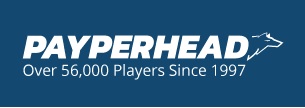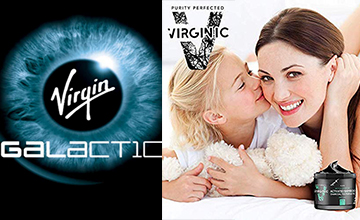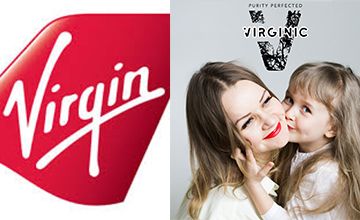San Jose, Costa Rica, 2020-Apr-30 — /EPR Network/ — While major sporting events have been canceled across the board due to social distancing protocols, sportsbooks are finding ways to keep players in action.
With wagering available on eSports, simulated sports, one-on-one competitions such as boxing or tennis, horse racing, digital casino gaming, live dealer casino, and even election results, people are still betting as a form of entertainment.
Studies have shown that during times of economic recession, war, or crises, people turn to entertainment to ease anxiety and stress. Books, films, gambling, digital gaming, and social media are all ways that people “check out” of their current reality, even if for just a few hours of relief.
Likewise, studies indicate that retired adults, whose daily activities might be the most similar to unemployed citizens or citizens who are sheltering in place during social distancing protocols, are more likely to gamble for stimulation and for boredom relief rather than for winning money. In interviews, gamblers have indicated that boredom is among the primary motivators for engaging in gambling activity
With few sports available to speculate on these days, organizations like PayPerhead, a sportsbook software company, have become increasingly creative in providing their customers with the gambling entertainment their players crave.
Simulated sports and eSports, two newcomers to the gambling field of play, were already set to become multibillion-dollar industries long before COVID-19 disrupted traditional sports betting.
eSports (also called electronic sports, e-sports, or Esports) is a form of competition by video games. Esports often take the form of organized, multiplayer video game competitions, particularly between professional players, individually or as teams.
Unlike esports, which are controlled by humans, simulation sports are comprised solely of games between a computer’s AI (artificial intelligence) and are typically based on traditional sporting events such as basketball or football.
In addition to the above mentioned digital events that gamblers can bet on, PayPerHead bookies are also able to offer horse race betting, digital casino gaming, and live dealer casino gaming on blackjack, baccarat or roulette.
Unlike traditional sports betting, the new digital gaming, horse racing, and online casino gaming allow players to bet on a much lower budget, and can sometimes deliver big payouts. For that reason, PayPerHead bookmakers are finding this downturn in sports betting to be extra advantageous, because previously sports-betting-only players are now adding a whole new repertoire to their regular gambling activities.
As more and more people search the internet for work from home opportunities, new bookies are finding a whole new niche in the online sportsbook and casino industry. With unheard-of rate drops (PayPerHead is offering free service until major U.S. sports start again) during this coronavirus crises, now is a great time to start.
About PayPerHead:
PayPerHead, founded in 1997, is the industry’s leading per head online bookie software, providing user-friendly tools and unmatched customer service to independent bookmakers around the world.
For more information visit https://payperhead.com or contact:
sales@247servicenow.com
1-800-605-4767
Logo:







